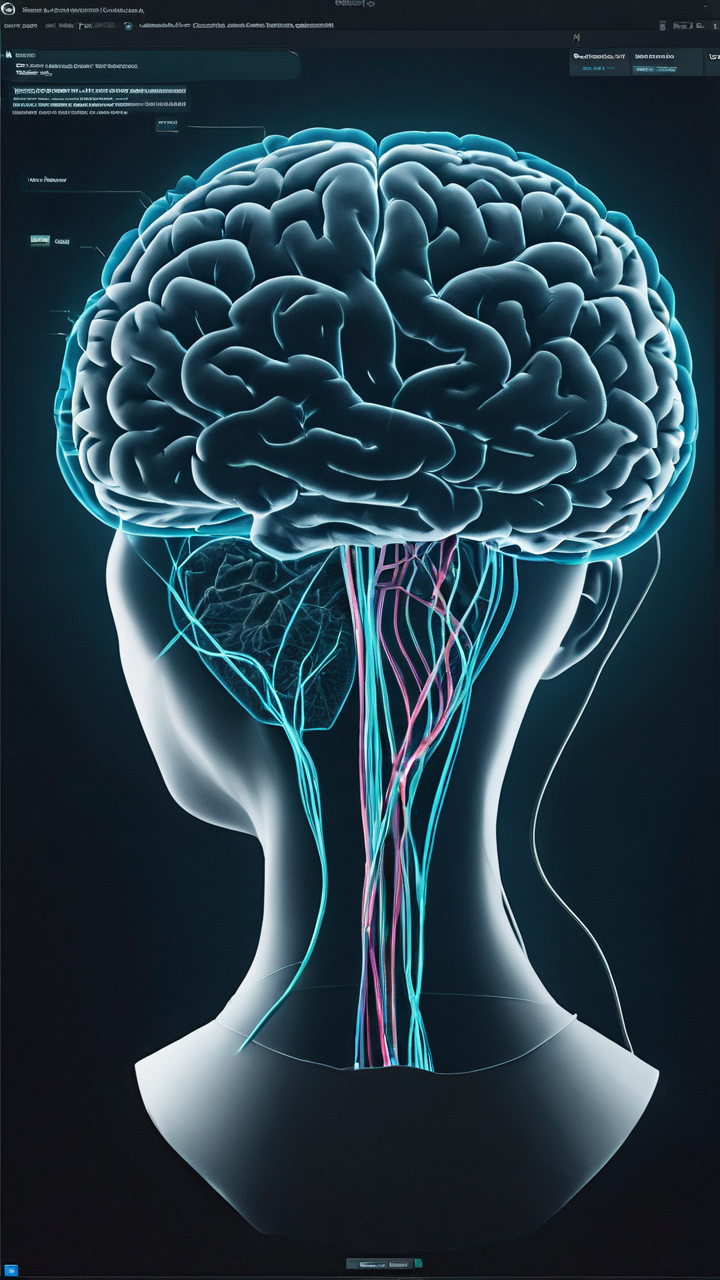
Whoa, mind blown, right? The idea of reincarnation – of our consciousness continuing after death – has captivated humanity for millennia.
But now, with advancements in neuroscience, we can start to approach this age-old question with a new perspective, looking at the intricate wiring of our brains.
Could the very structure of our neural pathways hold the key to understanding how memories might be preserved and potentially “re-experienced” in future lives?
### Decoding the Brain’s Memory Palace
Our brains are astonishingly complex. Think of them as incredibly sophisticated supercomputers, constantly processing and storing information.
This information, our memories, isn’t stored in one single place, but rather distributed across a vast network of interconnected neurons. These neurons communicate with each other through intricate pathways, forming what we call “neural networks.
” These networks are constantly being modified and strengthened through experience – a process known as synaptic plasticity. This is essentially how we learn and remember.
What if, somehow, these incredibly intricate pathways, these neural patterns representing our memories, aren’t completely erased upon death? This is where things get really fascinating.
Some scientists propose that these patterns, this information, might exist in a form that could theoretically be preserved or even replicated.

### The Enigma of Memory Encoding and Retrieval
The process of memory encoding is crucial. This is how our brains convert sensory experiences into long-term memories. This involves complex interactions between different brain regions, including the hippocampus, amygdala, and neocortex.
Each memory leaves its unique imprint on these neural networks, strengthening certain connections while weakening others.
This raises an interesting question about our future.
The retrieval of memories is equally complex. Accessing a memory involves reactivating the specific neural pathways associated with that experience. The stronger the pathways, the easier it is to recall the memory.
Think of it like a well-worn path through a forest – the more you walk it, the clearer it becomes.
But what happens to these paths when we die? Is it a complete erasure, or could there be some residual information, some faint echo of our experiences, lingering in the universe?
This is, of course, highly speculative, but it’s a question worth contemplating in light of our growing understanding of the brain.
### Exploring the Unknowns: Future Possibilities
While the idea of memories surviving death and influencing future lives is currently beyond the realm of scientific proof, the possibility remains tantalizing.
Imagine future technologies that could somehow map and potentially even replicate these complex neural pathways. Could we one day “download” our memories, preserving them for future access, or even transferring them?
This isn’t science fiction anymore. While we are far from achieving such feats, advancements in neuroscience, particularly in areas like brain-computer interfaces and artificial intelligence, are pushing the boundaries of what we thought possible.
We are learning more about how the brain encodes and stores information every day.
### The Ethical Implications: A Thought-Provoking Conclusion
The prospect of preserving and potentially transferring memories raises profound ethical questions. What are the implications for personal identity? What are the risks and benefits of such technologies?
These are critical discussions we need to have as we continue to unravel the mysteries of the human brain and explore the potential – and the limitations – of future technologies.
What are your thoughts? Share your ideas in the comments below! Let’s discuss the possibilities together.



